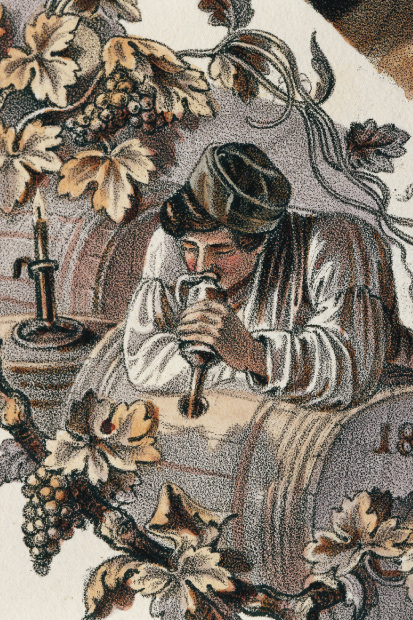Few people, perhaps, will immediately seize on this title as just the thing for a relative’s Christmas, even if their surname is Cooper. If it doesn’t have the wide appeal of the latest Lee Child or Jamie Oliver, though, there is plenty in it of interest, and not just for the many fans of wine and whiskey.
Since the unexpected commercial success of Mark Kurlansky’s Cod, there have been a number of attempts to dare to be dull, approaching apparently unpromising subjects with the attitude that anything becomes interesting if you look at it closely enough.
It can be surprisingly successful; though I probably didn’t need to read the second of the two histories of dust I’ve tackled, I loved Marc Levinson’s 2006 The Box, which showed just how many walks of life were transformed by one apparently unremarkable bit of kit., the shipping container.
The barrel, of course, was in many respects the precursor of this development, and Henry Work sets out to demonstrate the technological, cultural and economic importance of barrels from their development, probably before 500 BC, to their ubiquity for storage and transport from the Middle Ages until the early 20th century.








Comments
Join the debate for just $5 for 3 months
Be part of the conversation with other Spectator readers by getting your first three months for $5.
UNLOCK ACCESS Just $5 for 3 monthsAlready a subscriber? Log in